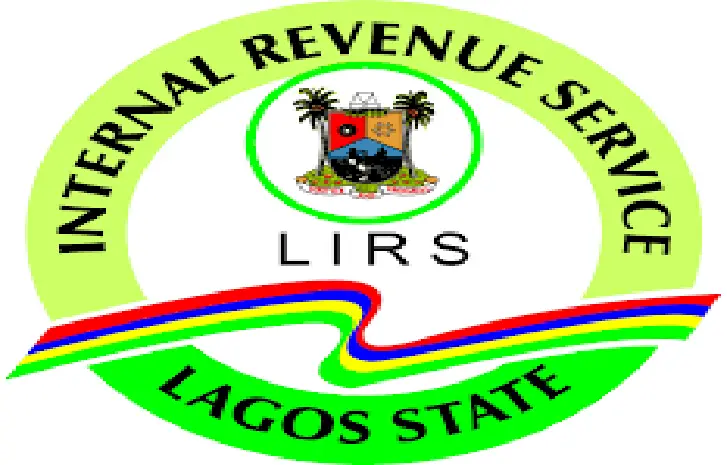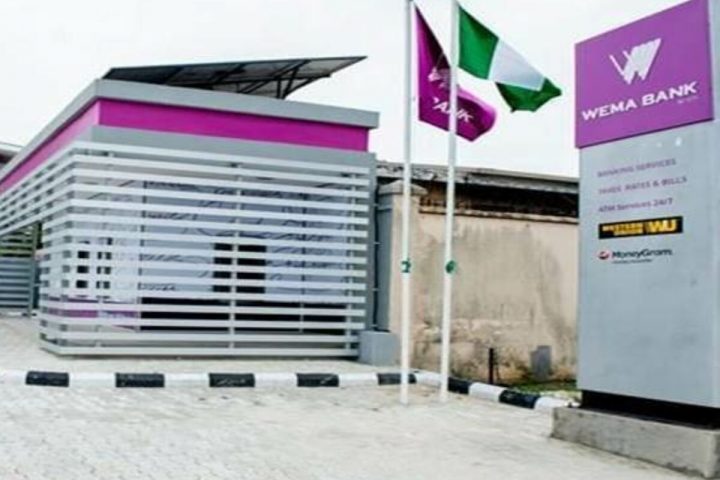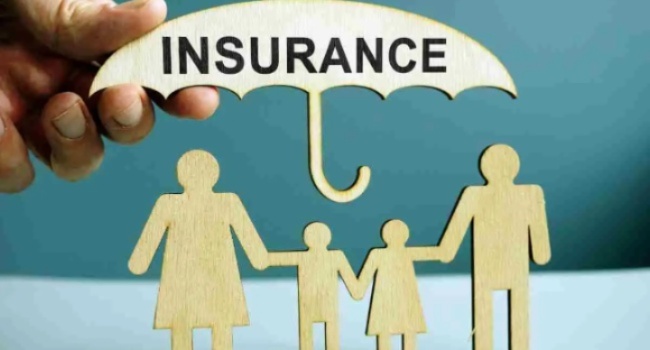In a bid to boost revenue and maintain essential amenities and services, the Lagos State Internal Revenue Service (LIRS) is taking a fresh approach to its taxation strategy, urging restaurant, hotel, and event center owners to educate their patrons about the 5% consumption tax.
The tax is not an additional burden on businesses but rather a contribution from consumers.
Join our WhatsApp ChannelJimi Aina, Director of New Growth at LIRS, emphasized the importance of the consumption tax during the launch of the “Tax Talk” program. He stated, “Many people misunderstand the concept of consumption tax.
It is often thought that this tax is an additional burden on hotels and restaurants, but this is not the case.
In reality, it is the customers who are taxed when they dine out, attend events, or have drinks at a bar. The tax rate is five percent. By paying the consumption tax, consumers contribute to the development and maintenance of these amenities and services.”
READ ALSO: As Dollar Hits N1000 In The Black Market, Will The Devaluation Ever End?
Contrary to misconceptions, the state has not introduced any extra taxes on establishments like restaurants, hotels, and event centers. Instead, consumers are accountable for paying the consumption tax when they purchase taxable goods or services within the state.
This tax is already factored into the price and is collected by agents authorized by the Lagos State Government.
Under the Hotel Occupancy and Restaurant Consumption Law, a consumption tax of 5% is imposed on the value of goods and services consumed in hotels, restaurants, and event centers within the state.
The tax base encompasses the overall expenses associated with the facilities, consumables, or personal services furnished to a patron within, through, or on behalf of the business.
Restaurant, hotel, and event center owners play a crucial role in collecting taxes from consumers and forwarding them to the LIRS. They are also required to register with LIRS as collecting agents and adhere to the specified deadline for tax remittances.
According to Aina, remittances must be made no later than the 20th day of the month following the month of collection.
Failure to remit the tax collected within the stipulated time will attract a 10 percent penalty of an amount not remitted plus interest at 5 percent above the prevailing Monetary Policy Rate of CBN of Nigeria. Such collecting agents may also face sanctions, including closure of business and prosecution.
Emmanuel Ochayi is a journalist. He is a graduate of the University of Lagos, School of first choice and the nations pride. Emmanuel is keen on exploring writing angles in different areas, including Business, climate change, politics, Education, and others.




















Follow Us